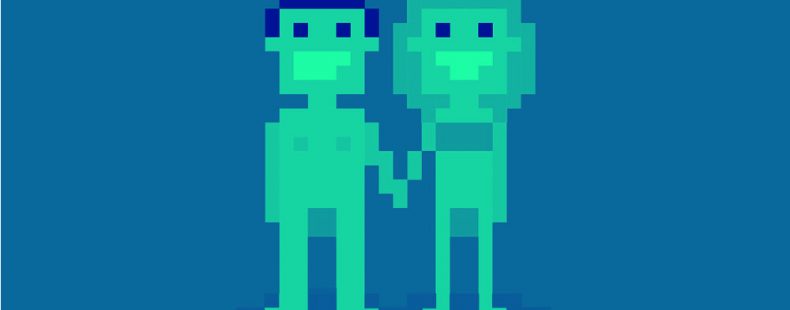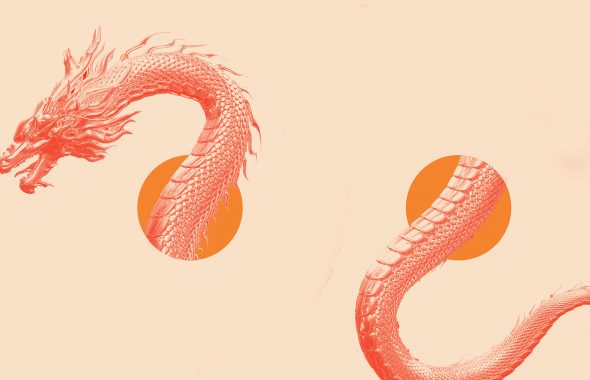I
What did the first words sound like? Did cavemen grunt like they do in cartoons and movies? Did they say, “me, man, you, woman”? Weeellllll, humans have been speaking for more than 50,000 years (some estimates say 150,000 years), so we really don’t know what they sounded like. Evidence of written language dates back only 4,000 years.
But if we want a clue as to how the building blocks of language developed, we can take a look at the oldest identified words. And that’s just what researchers at the University of Cambridge did when they studied 23 words in an extremely ancient language believed to have been spoken around the Black Sea area. These words gave rise to an extensive language family, Indo-European, which includes everything from Sanskrit to Latin to Russian to Irish to, yes, English.
Researchers found the meaning of these early words hadn’t changed much over thousands of years, showing how truly durable they are. Just think, you could show up to a Paleolithic barbecue some 15,000 years ago and actually talk to your ancestors!
What’s the first word you’d need to introduce yourself? How about I, the ultimate pronoun? This first-person singular personal pronoun develops from the Old English ic and ih. Humans have always needed a way to refer to themselves (as opposed to their mother, brother, husband, child). Self-identity was and always will be important. It would make sense that some of the most basic, nuts-and-bolt words are very old.
Read on to learn which other English words link back to the oldest words we know.






























